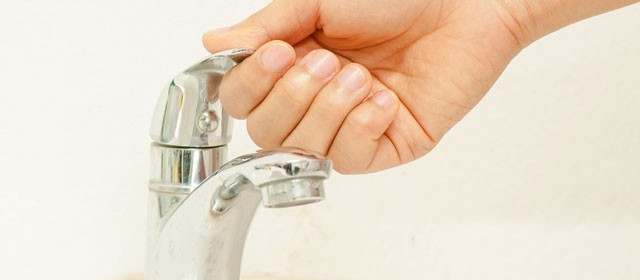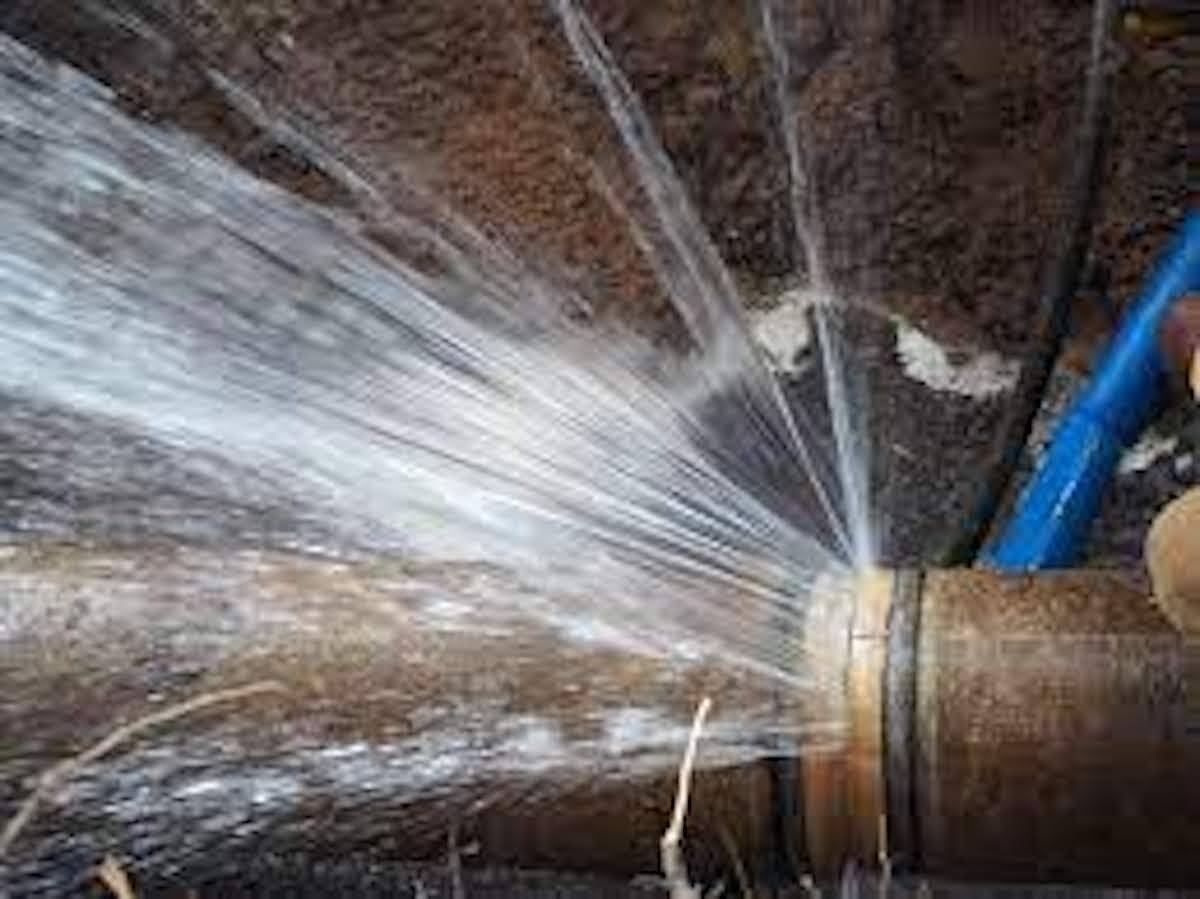The Top 5 Recurring Water Leak Factors
The Top 5 Recurring Water Leak Factors
Blog Article
The article author is making several good points regarding How to Find and Prevent Water Leaks in Your Home overall in this great article down the page.

"Be cautious of little expenses. A little leak will sink an excellent ship." - Benjamin Franklin.
He could not have been more best due to the fact that water leakages in our houses result in a waste of sources, boosting our water expenses. Although this increase could seem negligible in the beginning, it can result in significant costs that can break your financial institution. Apart from an increase in costs, water leakages likewise cause unwanted natural development, architectural damage, as well as also electrical threats.
If you have a water leak isn't always very easy due to being not able to see many of the pipework in your house, figuring out. If you have had an increase in your water expenses recently, noticed water spots on wall surfaces and also ceilings, smelt poor smell, and so on. You might want to think about asking for plumbing solutions to get it had a look at.
There are a number of sources of water leakages, and also we have actually compiled the common reasons listed below. Examine to see if you have actually had relevant issues in your home recently.
Clogged drains
Food particles, dust, as well as oil can trigger stopped up drains and also block the passage of water in and out of your sink. If undealt with, enhanced stress within the seamless gutters can finish and also create an overflow up breaking or rupturing pipes. To avoid clogged drains pipes in your house, we encourage you to prevent pouring fragments away as well as regular cleansing of sinks.
High water pressure
You noticed your residence water pressure is higher than common yet then, why should you care? It's out of your control.
It would be best if you cared since your typical water stress must be 60 Psi (per square inch) and also although your residence's plumbing system is made to hold up against 80 Psi. A rise in water pressure can put a strain on your home pipelines as well as bring about fractures, or even worse, ruptured pipes. Obtain in touch with an expert concerning managing it if you ever see that your house water pressure is higher than normal.
Rust
As your pipework ages, it gets weaker as well as much more susceptible to rust after the frequent flow of water with them, which can eat away at pipes and also trigger fractures. A visible sign of deterioration in your home plumbing system is staining and although this might be difficult to detect because of the majority of pipelines hidden away. We recommend doing a regular check-up every few years and alter pipelines once they are old to ensure a sound plumbing system
Weakened pipe joints
Pipeline joints are the parts of our plumbing system where the pipelines link. It is vital to note that also though pipes are created to endure stress and last for a while, they weren't made to last forever; consequently, they would wear away over time. A common indication of harmed pipe joints is extreme sound from faucets.
Broken seals
One more cause of water leaks in houses is broken seals of house appliances that use water, e.g., a dishwasher. When such devices are set up, seals are installed around water adapters for simple flow of water through the machine. Therefore, a broken seal can trigger leakage of water when being used.
With little or no understanding of plumbing, comprehending your house's plumbing system sufficient to repair some of these concerns (without effect) can be a hassle. Connect with plumbing professionals in Pittsburgh, Providence, Rochester, and also environ today, as well as they'll make those issues go away.
He couldn't have actually been a lot more best due to the fact that water leakages in our houses result in a waste of sources, boosting our water costs. If you have had a boost in your water costs lately, observed water discolorations on ceilings and walls, scented poor smell, and so on. A rise in water stress can place a pressure on your residence pipelines as well as lead to fractures, or worse, ruptured pipelines. One more cause of water leaks in houses is broken seals of house appliances that make use of water, e.g., a dishwasher. When such home appliances are installed, seals are installed around water connectors for very easy flow of water via the machine.
5 TIPS IN DETECTING A WATER LEAK IN YOUR HOUSE
Water leaks can be hard to find in your home, yet they can be so common. We rely on water every day in our home, which is why a leak can cause big problems. By detecting them early, you can save money and further damage, getting the problem fixed as soon as possible. Here are 5 tips to help you detect a water leak in your home, so you can contact a plumber straight away and get the issue sorted.
Check your water meter
Many people underestimate the value of the water meter in their home. It can be one of the best ways to tell if you have a leak early on, so you can get on top of it before issues start arising. Start by turning off all the water in your home: taps, washing machine, dishwasher, etc. Now take a look at the meter – if it’s still changing with everything turned off, it’s likely you have a fast-flowing leak that you need to get on top of straight away. If nothing changes, then leave your meter for an hour or two and come back to it. Did it change in this time? It’s likely you have a slower leak, which isn’t as urgent but still handy to get fixed so it doesn’t become a bigger problem.
Keep an eye on your bill
Another good way to detect a leak in your home is by keeping an eye on your water bill. It helps if you have a past bill from the same period of time. You can compare like for like and determine whether your water usage has increased significantly. If it has, there may be a leak in your system that you haven’t picked up before. A professional plumber can check through all of your pipes and determine where it is coming from.
Look for damage
If you have a leak inside your home, you will notice damage over time. Take a look at your showers and bathtubs and note whether any of the tiles surrounding the area seem to be discoloured or damaged in any way. There may be water stains, mould or peeling material that has resulted from a build up of moisture over time. Make sure you take a look under sinks at the back of cupboards that don’t get accessed regularly. This is where damage can go unnoticed and build up over periods of time.

Hopefully you enjoyed our post about How to Find and Prevent Water Leaks in Your Home. Thanks for finding the time piece of content. Enjoyed our piece of writing? Please share it. Help somebody else discover it. We cherish reading our article about How to Find and Prevent Water Leaks in Your Home.
Act fast, call! Report this page